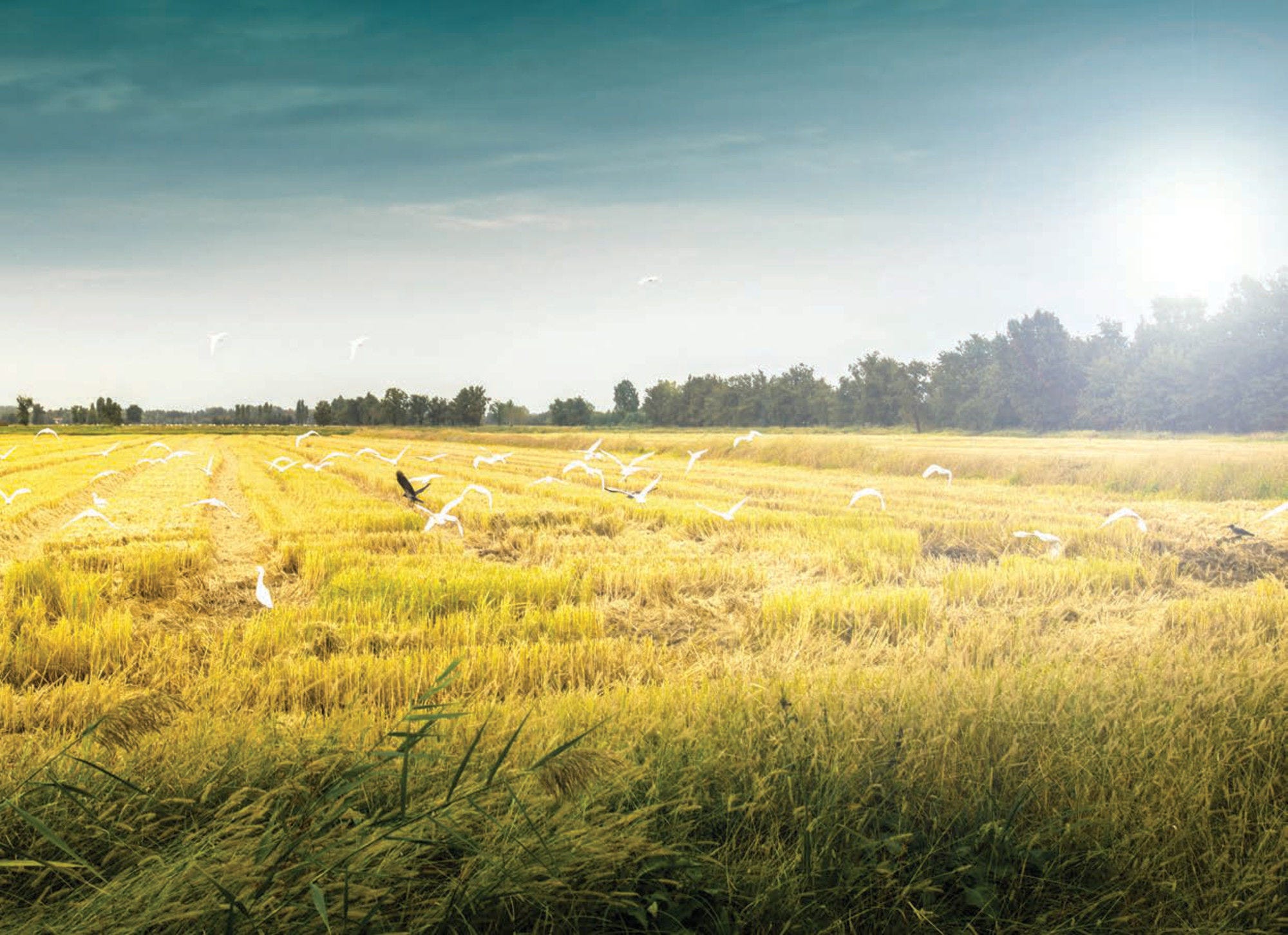For the period 2013-18, Mexico’s agricultural policy was framed within the Sectoral Development Programme for Agriculture, Fisheries and Food. The Programme was broadly oriented at boosting domestic production and strengthening food security, seeking greater self-sufficiency in principal grains and oilseeds. The Programme emphasises increased productivity, profitability and competiveness of the agriculture and food sector and sets the specific objectives on improving the productivity of small farms, reduction of water use, increased domestic production of agricultural inputs, extension, risk prevention and management, promotion of healthy food, financial inclusion, regional development, expanding information systems and modernising the Ministry of Agriculture.
The Sectoral Programme brought three main changes to programmes providing support to producers. First, PROCAMPO was replaced by Productive PROAGRO which continues to provide area payments, but unlike PROCAMPO that did not require production, the new payments are contingent on proved actual production outlays in, for example, machinery, certified seeds, fertilisers, insurance, and price hedging. Second, after more than 20 years of being stagnant in terms of beneficiaries, the list of beneficiaries was updated and expanded keeping total supported area. Finally, compared to the previous plan, the 2013-18 Sectoral Programme puts a stronger emphasis on investment and on-farm services support, particularly targeting poor and arid areas.
Mexico has reformed its agricultural policies over the last two decades, reducing border protection following its commitments within WTO, NAFTA and other trade agreements and implementing direct payment programmes. Mexican agricultural markets operate today under a fairly open trade regime as the majority of trade flows occurs within regional free trade agreements. However, domestic market price support and payments based on output are still maintained for some key commodities such as sugar, maize, wheat and sorghum. Market price support remains the largest component of support to producers.
Another important type of support takes the form of investment assistance, which mainly covers part of the investment cost or finances the credit guaranty for purchases of on-farm machinery and infrastructure for crop and livestock production, and for the technical upgrading of irrigation systems and cultivation of horticultural crops in greenhouses.
A range of programmes are targeted to small agricultural producers and, more broadly, the rural poor. A special investment support programme operates for small maize and bean growers. The Strategic Project for Food Security (PESA) provides investments and technical assistance, both at individual and community levels, to support farming in marginal and poor areas, by covering up to 90% of the investment costs mostly related to improving water and food supply in poor households, and 100% of technical assistance costs for making the food production and consumption in poor areas more sustainable.
Support for variable inputs is also significant and includes subsidies for price hedging, electricity, irrigation, and crop insurance. Payments based on area and livestock numbers are also important, mostly provided through two programmes: Productive PROAGRO which provides per hectare payments based on historical land area but contingent on production; and Productive PROGAN which offers per head payments based on historical livestock numbers and requires its beneficiaries to comply with certain environmental requirements.
A considerable part of Mexican territory is under social land tenure arrangements – ejidos, or agrarian communities – in which special management regimes govern both collective land and land plots granted to individuals. The most recent Agricultural Census (2007) reports that 69% of farms operate under social land tenure, representing 39% of agricultural land.
With slightly over half of the population below the national poverty line, food consumer subsidies are an important poverty alleviation instrument in Mexico. Poor families obtain basic staples through DICONSA rural shops, while the LICONSA programme sells milk at prices below market levels, and the SEDESOL programme provides conditional cash transfers.
Mexico’s climate pledge to the Paris Climate Conference in December 2015 includes both unconditional and conditional targets. Mexico has committed to unconditionally lower GHG emissions by 25% and black carbon emissions1 by 51% of business as usual (BAU) levels by 2030. Depending on international support, the GHG target could increase to as much as 40%. In order to achieve such targets, the general strategy for the agriculture sector promotes the adoption of technologies that improve the sustainability of the sector and the use of biodigesters in livestock farms as well as conserving and restoring grasslands.







